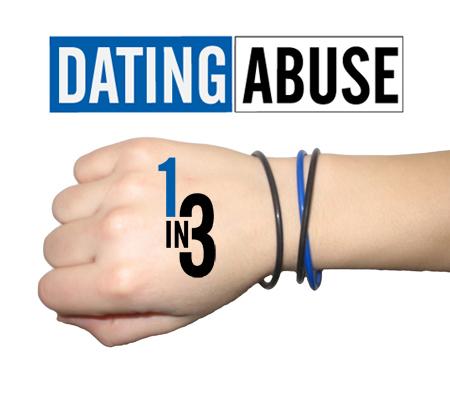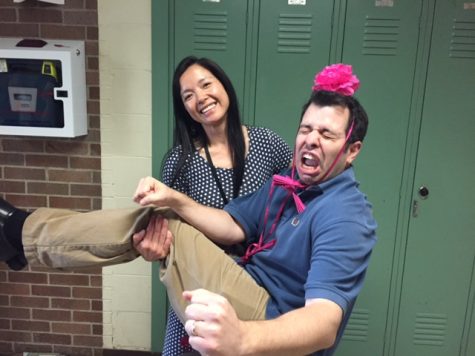Relationship Goals

One in three adolescents in the U.S. is a victim of physical, sexual, emotional or verbal abuse from a dating partner, a figure that far exceeds rates of other types of youth violence. Unfortunately, girls and young women between the ages of 16 and 24 experience the highest rate of intimate partner violence — almost triple the national average. The worst part is that most of these females don’t even realize that they’re being abused in their relationships, which is why awareness needs to be spread.
There are many types of abuse in relationships: physical, verbal, emotional, and sexual. Some of the signs, of course, are obvious; however, most are so subtle and quite common that no one would ever assume that they were a type of abuse. Most signs are even idolized in the current generation, with love-struck emoticons and “goals” attached to the thought of those actual warnings.
Here’s a fact: one in 10 high school students has been purposefully hit, slapped or physically hurt by a boyfriend or girlfriend. Although those are the obvious examples, other types of physical abuse that can be mistaken for normal tendencies are grabbing, shoving, pushing, destroying of each other’s belongings, punching walls, and pulling hair. Physical abuse is less common but more known. The less known abusive tendencies happen every day around you.
The most common type of abuse is emotional abuse. Now, when your boyfriend/girlfriend becomes jealous and possessive over you, automatically the thought of how adorable it is pops into your mind. But somehow no one sees how allowing that behavior can set in motion something much worse. If your significant other is setting rules for you and/or calling/texting you constantly to find out your location or the details of your every move; if they are constantly angry at you for having a life of your own — these are all the warning signs of an unhealthy/abusive relationship. They are attempting to make you feel less in control and more vulnerable, making you rely on him/her more than you want or typically would.
Verbal abuse is also common, and regarded mostly as a joke. However, when your partner is humiliating you in front of your friends/family with inappropriate jokes, constantly criticizing you, telling you what to say, how to act, and how to dress, that’s not a joke; it’s scary. Especially if those behaviors lead to fights that include threats of any type, yelling, or screaming. Those aren’t healthy habits to have form in your relationship, especially if those habits of fighting lead to violence.
Everyone has heard that no means no, but what about when it’s your boyfriend/girlfriend? Have you ever felt continual pressure from your significant other? And if you said no he/she would get angry and make you feel badly for not agreeing or complying? So you were forced into something unwanted and then pretended it was okay, but deep down you knew it wasn’t. What about being accused of cheating just because your partner was insecure? Although it sounds silly, this is, in fact, sexual abuse.
These things happen all around us every day in school, outside of school, and even in our homes. We’ve become so accustomed to it that no one even realizes how much it weighs them down emotionally, mentally, and physically. Not every relationship is perfect, of course, but all relationships do require one thing: trust. Most of these problems root from not being able to trust their partner, so they need to control everything about them to ensure that they won’t get hurt. Although it hurts and requires a huge amount of strength, it is completely okay to step up and say that you are not okay and that you are not in a healthy relationship. Don’t perpetuate these actions on the social media and act as though controlling another person is what you’re supposed to do.
These are the complete opposite of relationship goals and everyone should know this. There is a group called PowerBack in New Jersey to help spread awareness of this and help teenagers in these predicaments. A few weeks ago, a few representatives came to our school to host an assembly discussing these important matters with all of the junior and senior students. If you don’t remember or didn’t attend, here is a summary of what you missed. PowerBack is a yearlong dating abuse education and prevention program that addresses these statistics by giving high school students the “power back” to help themselves, their classmates, or loved ones. There are teen forums, monthly PowerBack meetings held at school, and even individual support if you feel as though you’d need it. You can find out more about PowerBack and how to establish ground in this program by contacting Mrs. Passano, one of our amazing guidance counselors here at Lodi High School.

Q: If you could be any animal, which would you be and why?
A: I'd be a panther, because they're so graceful, fast, and fierce.
Q: How would you describe...







